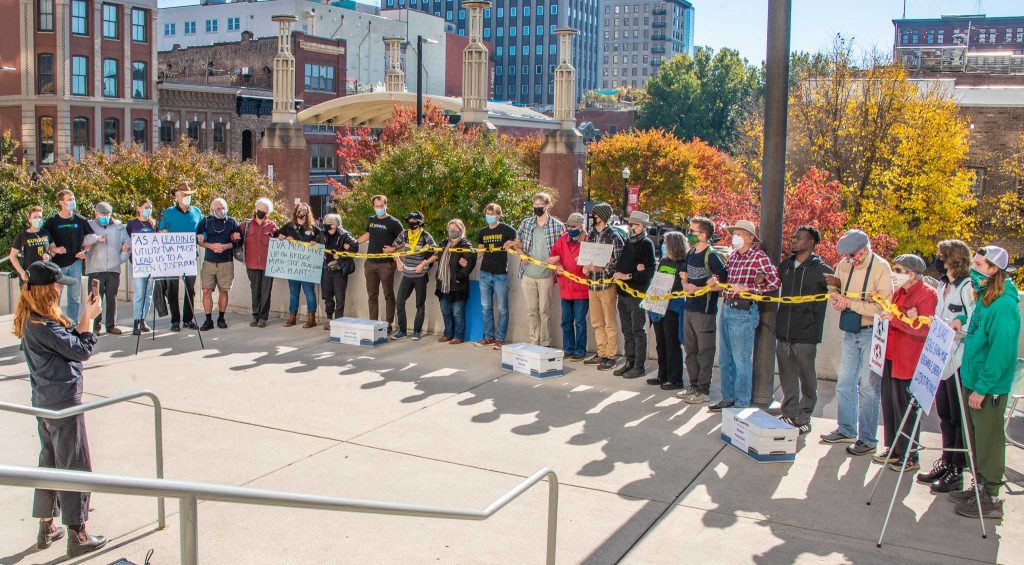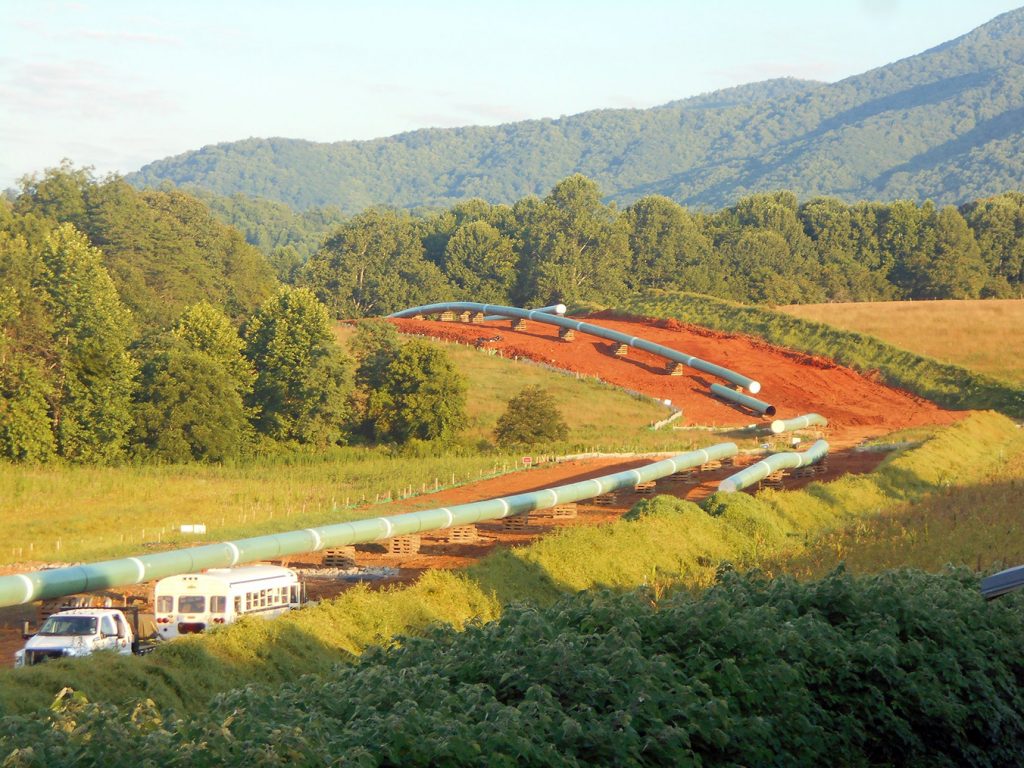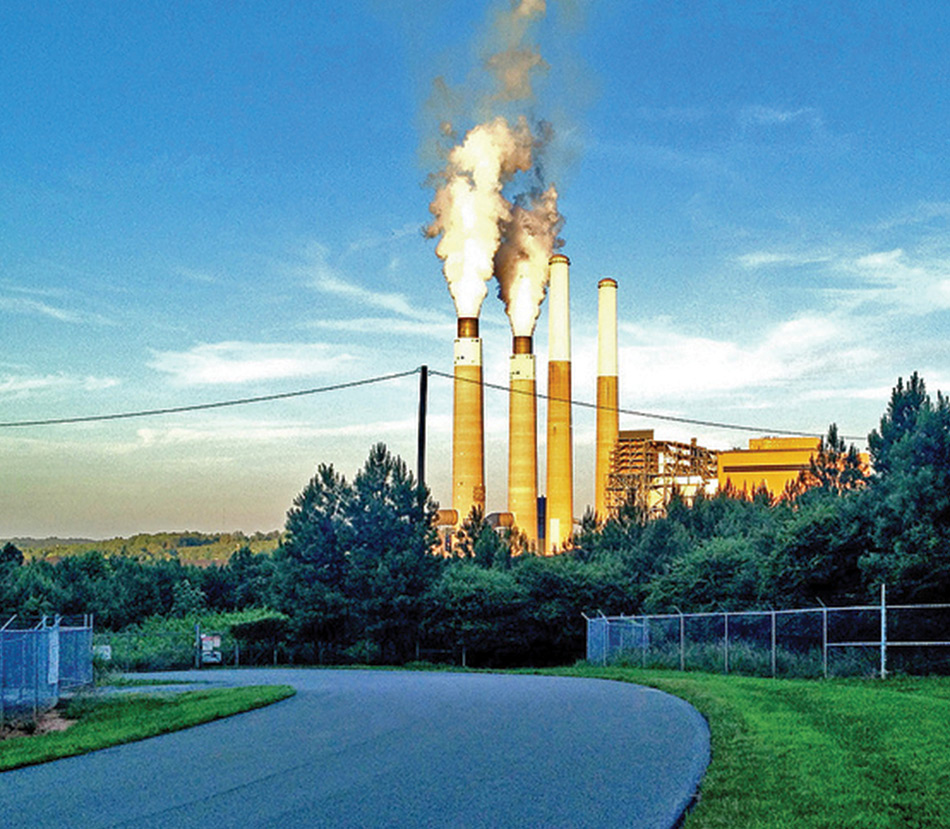Cleaning Up Coal Ash
For well over a century, power plants across the country have burned coal to generate electricity. And for just as long, leftover coal ash has been dumped in open, unlined pits near the power plant, usually located on a river or lake. Every year, U.S. power plants produce 130 million tons of coal ash, which is the second largest waste stream in the country after municipal garbage.
Coal ash concentrates the toxic heavy metals found in coal, including arsenic, mercury, lead and selenium. Stored in unlined, wet impoundments, coal ash has been leaking these toxics into our groundwater and surface waters for years. Sometimes these impoundments collapse — with disastrous results.
Yet government regulations for coal ash management are either non-existent or sparse, and there is little enforcement of the regulations that do exist. In North Carolina, this lack of oversight — and the complicity between state regulators, elected officials and Duke Energy — came to a boiling point in February 2014 when one of Duke’s coal ash impoundments spilled 39 million tons of ash into the Dan River.
Citizens living near North Carolina’s 33 coal ash impoundments — all of which have leaked — have fought for transparency from Duke and the state, and for cleanup of the pollution that threatens their property value, health and family. Their actions forced this issue into the headlines of news networks and to the forefront of environmental justice conversations in the United States.
Appalachian Voices stood with these communities as we worked for years to compel Duke Energy and the N.C. Department of Environmental Quality to excavate coal ash from all the North Carolina sites and dispose of it either in lined, dry landfills, away from waterways, or by recycling it for concrete or other uses, provided it’s done in a manner that protects public health and the environment.
On Jan. 2, 2020, North Carolina announced a historic settlement with one of the state’s most powerful corporations and polluters, Duke Energy. The settlement requires Duke to move nearly 80 million tons of toxic coal ash at six of its power plants to properly lined landfills onsite or recycle it.

Learn information about specific coal ash impoundments in the South, including health threats and safety ratings:
Additional Resources
Fact sheets, videos, links to academic research, and more
Sign Up to Act
Help us protect the health of our communities and waterways.
Latest News
Legal victories against Mountain Valley Pipeline make completion unlikely
Prospects for the future of the Mountain Valley Pipeline are grim for the company and its investors after recent decisions by judges at the federal leval and the U.S. Army Corps of Engineers.
Dreamers: Ice climbing in the Southeast
Good ice climbing conditions are rare in the Southeast — but when the conditions are ripe, adventurers like Dylan Walton are ready.
In yet another significant blow to MVP, U.S. Army Corps of Engineers signals stream crossing permit will be indefinitely delayed
CONTACT: Dan Radmacher, (540) 798-6683, dan@appvoices.org Morgan Caplan,…
Biden Administration Proposes Restoration of Mercury Pollution Rules
The U.S. Environmental Protection Agency recently proposed reinstating a legal finding that supports restrictions on the amount of mercury that may be discharged by power plants.
With federal infrastructure money on the way, advocates release recommendations for most effective abandoned mine lands investments
CONTACT: Dan Radmacher, (540) 798-6683, dan@appvoices.org Trey Pollard,…











